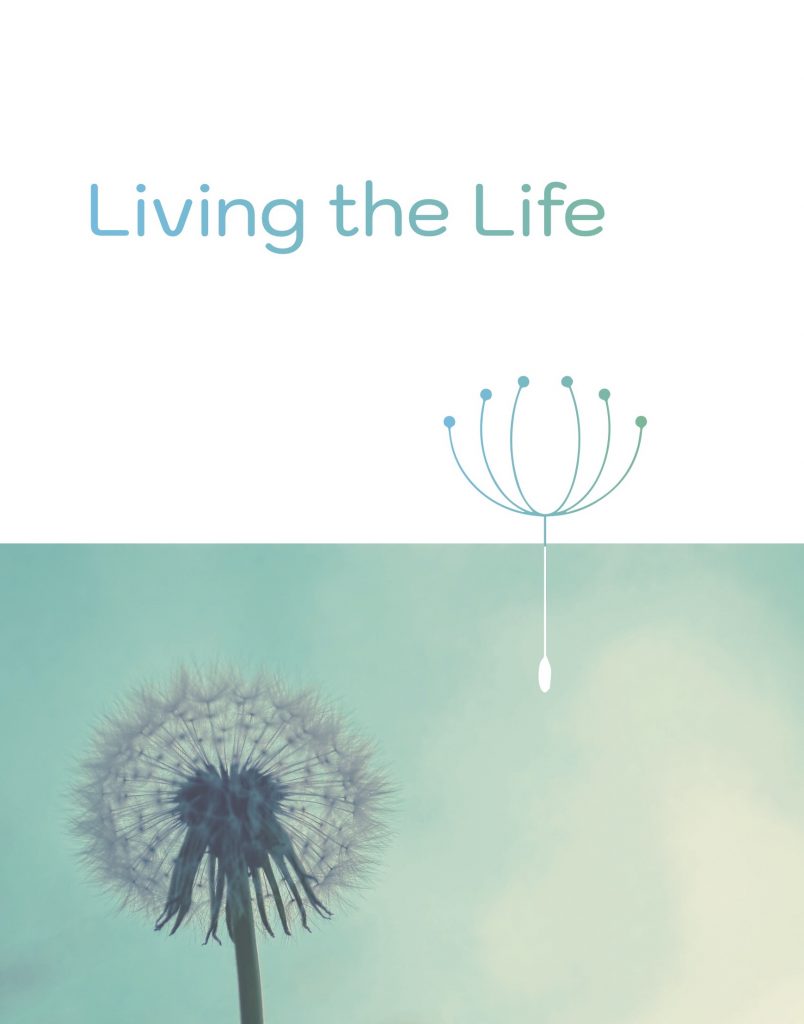The MinD project (March 2016-February 2020) has been dedicated to research, innovation and staff development with the aim to develop innovative design solutions to support people with early to mid-stage dementia with social engagement and quality of life. This two-week research visit (20 January-3 February 2020) was the last of about 40 such collaborative project visits for the MinD project “Designing for people with Dementia” over the last four years.
This last secondment, hosted by the psychiatric and geriatric clinic of the Alexianer Hospital Berlin, focussed on two important aspects of the project: Colleagues from Manchester Metropolitan University and University of Twente worked on finishing key documents for publication; and colleagues discussed opportunities for future collaboration in Berlin and at a short visit at the Technische Universität Dresden.
All in all, Mind developed 4 design solutions with and for people with dementia to support a positive focus and quality of life after the diagnosis and to enable people living with dementia to maintain agency and to continue to be socially active and engaged. Key publications include our Policy Recommendations, the Design Guidelines Report, a Mindful Co-design Toolkit and a number of academic papers, which are or will all be available on our project website: www.designingfordementia.eu
The Policy Recommendations highlight the contribution that design can make to quality of life and the need to recognise and support this contribution. The Design Guidelines Report offers an overview of the context, frameworks and co-design values and methods that have guided the MinD team. The design toolkit offers hands-on advice for designers and others wishing to engage in the co-design process. The full project outcomes will be communicated through a number of academic journal papers, which offer an overview of the research process, findings and design development and evaluations.MinD has been a celebration of international, inter-cultural and inter-disciplinary diversity, including 18 partners and 57 visiting researchers in the project consortium, who have joined together to work with and support people with dementia through mindfulness and design. While this is the end of the project, many strands of the MinD project will continue in diverse ways, such as through a two-year European Marie Curie Fellowship, which one of the MinD researchers will spend at Manchester Metropolitan University to continue the work on designing with and for people with dementia for a better quality of life.

